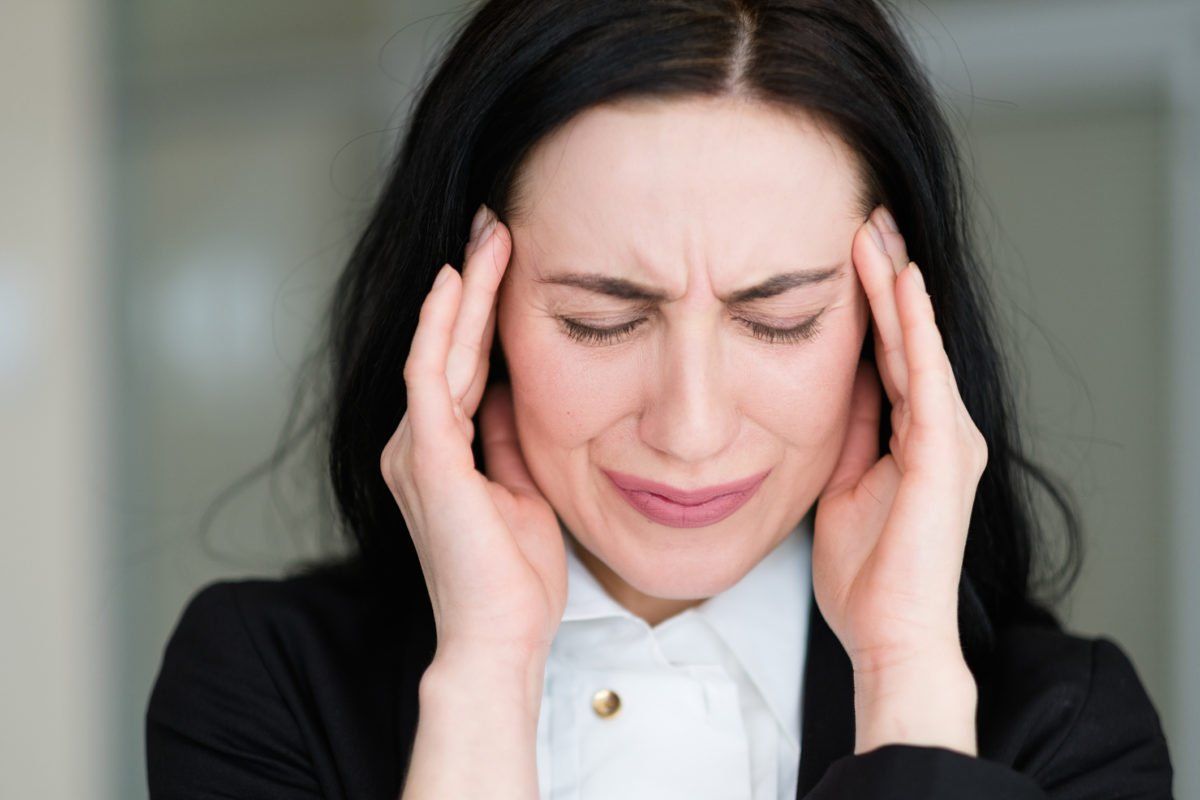How to Be Happy [10 Ways to Feel Happier]
Happiness looks different for everyone. For some, it could be being comfortable with who they are, while others attribute happiness to financial stability or job success. For many, happiness is about the little things: a good book, a delicious meal, or a beautiful view.
But if you’ve asked yourself numerous times how to be happy in life, you’re not alone. According to Forbes, that question yields more than 6 billion search results on Google. If you’re looking for ways to feel happier in life, check out these 10 tips below.
- Express gratitude: Practicing gratitude is one of the first steps in how to be happy. By focusing on what you have rather than what you don’t, your mindset becomes more positive, and you’re more thankful for the joy you do experience.
- Recognize your strengths: Spending all your energy focusing on your weaknesses or shortcomings won’t make you happy. Instead, focus on your strengths and let them lead you to new opportunities. You’ll feel less frustrated, more accomplished, and less stressed.
- Look for the good: Almost every book on feeling happy talks about the power of positive thoughts. Train your brain to search for the positive things or the silver linings in your circumstances. Doing so will help to decrease depression, frustration, and stress.
- Be kind: Life can be stressful and overwhelming at times, but there’s always time to be kind. Strive to be respectful and empathetic with everyone and show a little bit of kindness whenever you can.
- Exercise: The volume of scientific studies on how exercise helps you feel happier is astounding. It’s a scientific fact that exercise releases endorphins that increase happiness, relieve stress, and improve mental health.
- Declutter: Clutter in both your home and your brain are huge roadblocks to happiness. Take some time to declutter your personal space—get rid of anything you don’t need or that doesn’t bring you happiness. Then surround yourself with things that make you feel happy, organized, and put together.
- Find your purpose: We all want to feel like we’re making a difference in this world, but knowing exactly what type of impact we want to have can be overwhelming. However, taking the time to figure out what gives you a sense of purpose and accomplishment fills your life with greater meaning. Plus, it helps you feel happier and more fulfilled in life.
- Stop comparing: Comparison is a normal human reaction, but it usually does more harm than good. Whenever you’re comparing your finances, job title, education, clothing, physique, or talents, you’re robbing yourself of happiness. The good news is you can reclaim your happiness simply by not comparing yourself to others. Appreciate yourself for who you are, be grateful for the talents you have, and strive to live your best life every day.
- Make positive memories: Our brains are really good at remembering and focusing on bad memories but, with a little bit of practice, we can change that. Take the time to make positive memories. Go out with friends. Enjoy nature. Spend time with family. Filling your mind with uplifting experiences and memories can help to dispel the bad memories.
- Find clarity: One of the first steps to feeling happy is understanding why you’re feeling the way you are. Figure out what’s causing those negative emotions and work to change them. You may need to seek the help of a professional to help you find this emotional clarity.
If you’re struggling to feel happy in your life, contact TMS Clinics of Canada. Our warm and well-trained staff are committed to helping you take the steps to live a happier, more fulfilled life. Get started by taking our free assessment today!
Click here to take our self assessment test or request a complimentary consultation today by clicking here.





